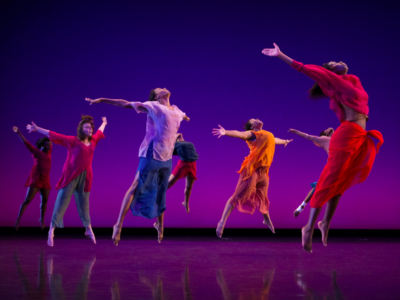Do you remember the nostalgic days when your all-nighters consisted of rescuing Princess Peach from Bowser, making your Animal Crossing town look cool and exploring the world in The Legend of Zelda? Luckily in today’s golden age of technology, work and play no longer have to be separate. With a college education focused on video games, you can spend your days designing characters, fantasy worlds and messing with VR headset systems. These 10 colleges make up the very best of the pool with their savvy technology, career opportunities and school clubs and events for gamers at every level.
If you’re passionate about gaming, discover these top 10 schools for gamers.
10. DigiPen Institute of Technology
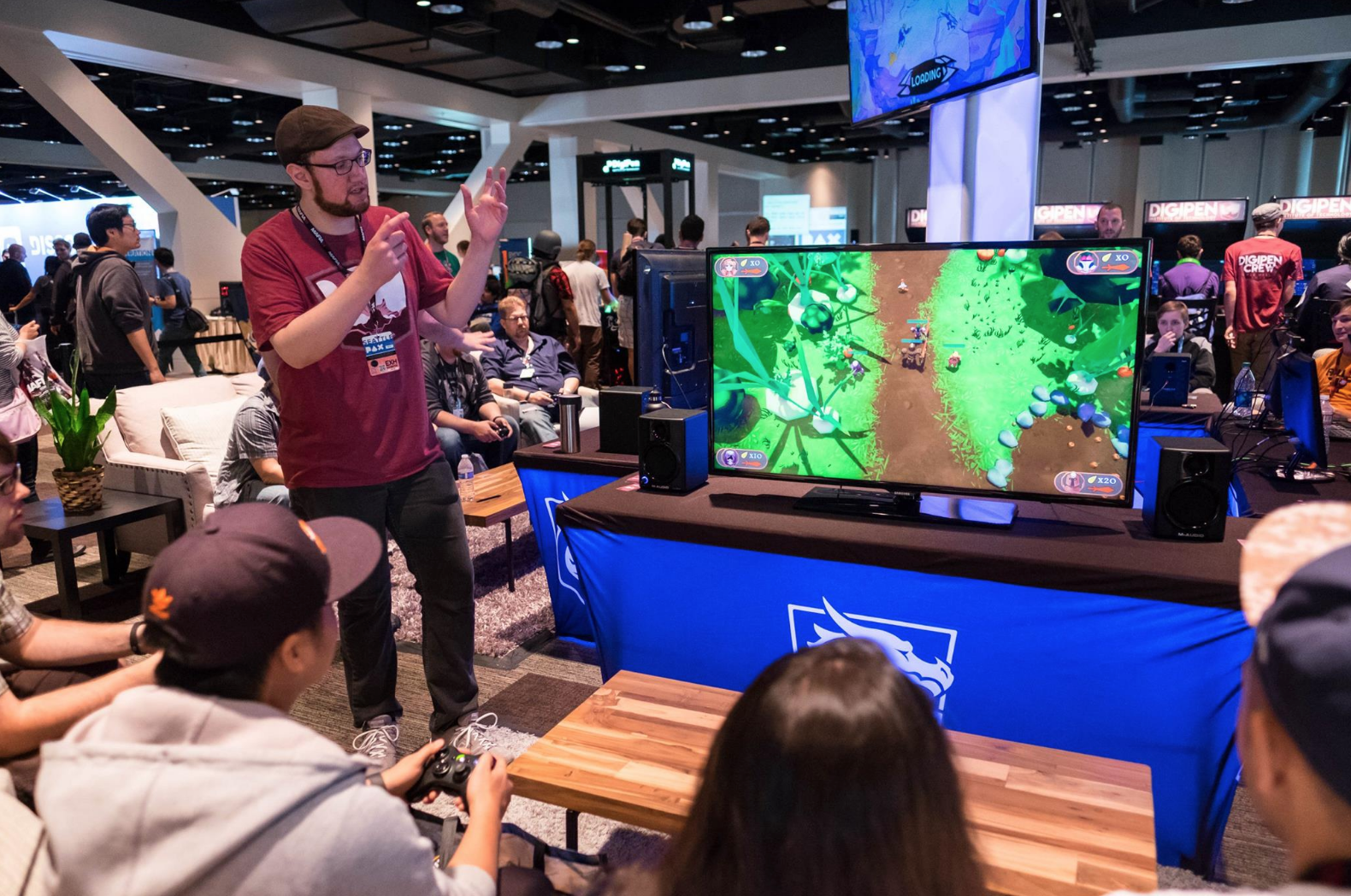
West coast, best coast! In addition to the obvious game design and computer science majors, Digipen unique programs include Animation, Special Effects and Computer Science in real-time-interactive simulation. Students learn everything from building interactive worlds and props to animating characters’ movements. DigiPen respects the technical aspect of making games. How? By offering opportunities to actually develop the software that makes video games and interactive worlds possible. In the Computer Science in Real-Time Interactive Simulation major for instance, students become efficient software developers who have gone on to land positions at Rockstar Games, Disney Interactive Studios and Microsoft Game Studios. Even more, courses like Stop Motion, 3D Character Animation and Artificial Intelligence for Games define DigiPen’s hands-on culture where students experiment with clay animation, thumbnailing key poses and even building robotic system platforms. “The best design class I’ve taken at DigiPen was Digital Game Design I with Prof. James Portnow (known for being the writer for the popular Extra Credits YouTube series), this class was all about putting together your design skills to build quick game prototypes. For me the parts of the class that helped me grow as a designer were the one-on-one testing and feedback sessions with the professor and peers,” recent DigiPen graduate Victor Cecci and Game Design Club President said. The Game Design Club has always been a source for students who love game design and want to network with students and professionals in the industry. Through the club, students can watch design-related conference talks and analyze a game with club members. DigiPen also hosts a zombie survival game held every semester, designed and organized by game design students. Plus, make sure to mark Game Jams on your calendar. This annual party transforms the entire campus into a place to hang out and play video games with peers aka the ultimate gamer dream.
9. Savannah College of Art and Design
Looking to stretch your love for game design beyond the nation’s borders? Savannah College of Art and Design offers programs in four locations: Savannah, Atlanta, Hong Kong and online. Through unique programs like Concept Art for Games, User Experience Design and Immersive Reality, SCAD sharpens students’ hand-drawn skills and introduces them to new software and equipment. No matter your design niche, this school gives you the skills you need to succeed post-grad. Want to design and build artificial worlds? SCAD’s got you covered. Dream of providing user-friendly touchpoints on mobile devices? They’ve got your back there, too. “Currently we are in the process of taking our game (created at SCAD) to a crowdfunding website while making various deals with investors to have our games involved in different events/sites. We are also starting a company that will take the request from investors to have our games in their arcades/VR arcades/events/company,” recent SCAD graduate Jeremy Washington said. Students at SCAD further explore their careers at events and clubs like the SCAD at Miami Showcase, Game Development Network and SCAD Atlanta Animation Society. It’s no surprise that SCAD students have won the E3 College Game Competition for the past five years. With courses ranging from Women in Game Programming to Radical Innovation in Digital Arts, SCAD provides its students with the extra networking and experiences needed to succeed in the gaming industry. “[The professors] are always willing to make your interests and the future of gaming part of your learning experience and willing to make important things that are happening now a part of the needs for your class structure. SCAD has afforded me the opportunity to work with (as a part of my class) Adult Swim, GE (several times and flew me to various locations), and Foundry45/the Weather Channel,” Washington said. Savannah College of Art and Design proves itself as a hotspot for a flourishing gaming community, collaborative faculty and real-world opportunities.
8. New York University
Ready to get your game jam on? NYU’s Game Center features “Playtest Thursdays,” a casual weekly playtest where NYU students and local professionals collab on games together; Game Jams, where jammers from all over the northeast convene to make games alongside students; and faculty gaming tournaments. One of the more popular tournaments includes the Spring Fighter Tournament, a day-long gathering of the best fighting game players in the world for a celebration of–yes, you guessed it–fighting games. Not to mention NYU offers a wide span of video game programs ranging from video graphics and special effects, animation and game design. The school itself houses the Media and Games Network, Game Center Open Library and NYU Game Center–one of the largest collections of games held by any university in the world. The Game Center also hosts student showcases, where representatives from Microsoft, Nintendo, Apple and dozens of major league companies attend. NYU’s game design culture solidified through their unique teaching and their connection to big-league companies establishes them as a force to be reckoned with.
7. Laguna College of Art and Design
Whether they’re building attractive and interesting worlds, developing entrepreneurship or knowing 3D software, LCAD’s majors help students adopt a variety of skills essential in video game design. And, hey, why don’t we just throw in a partnership with some of the best entertainment industries while we’re at it? That’s right, Laguna partners with the likes of Sony Entertainment, Blizzard Entertainment and Walt Disney Animation Studios. Classes also allow for collaboration with other programs, led by senior executives and creative directors at GoPro, Nike and VANS. “Recently, LCAD hosted a demo at a local Dave & Busters for everyone to try out the games that the upperclassmen had been working on. I didn’t know LCAD had branched out into VR yet, so when they unveiled a couple of their newest VR projects at the event, everyone was pretty surprised! I think it’s pretty cool that the game department involves the public in their process,” LCAD fourth-year Courtney Gray said. Not to mention their open studio workshops offer students the opportunity to sharpen their figure drawing, visual communications and VR/AR skills. “Game art students at LCAD have some awesome resources at their disposal, so they end up with a versatile and prevalent skillset and always seem to end up with some pretty great placements after they graduate,” Gray said. Opportunities and LCAD’s determination to get their students’ games recognized set its students apart from the rest.
6. Carnegie Mellon
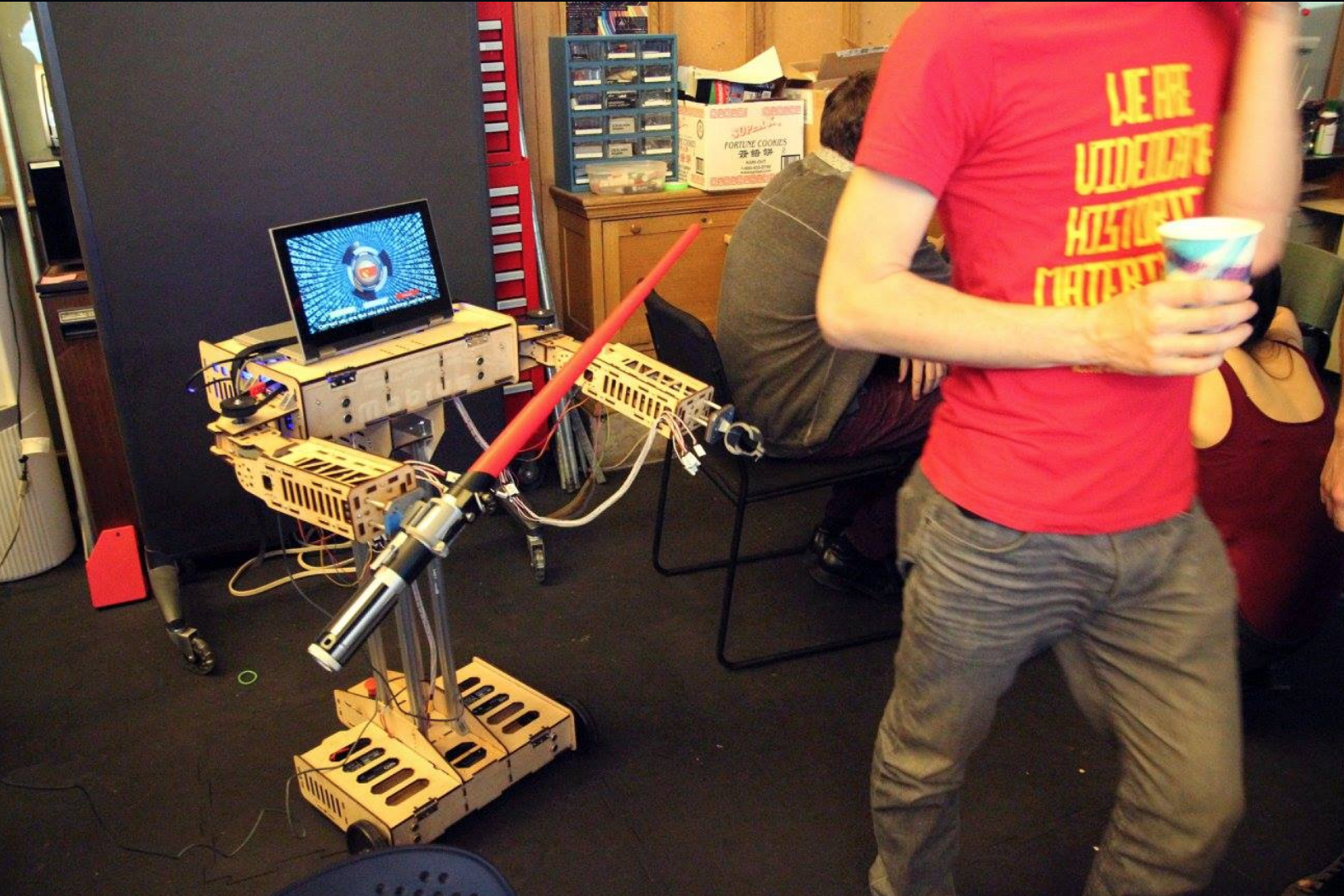
Ring ring, the East Coast called, and Pennsylvania’s reputable institute of technology has entered the chat. Earning a reputation as one of the best science and technology colleges in America, Carnegie Mellon’s game design program also earns a top spot due to its interdisciplinary areas of study and courses. Just check out their creative and hands-on courses like Storytelling with Machines in which students storyboard and rewrite a scene from their favorite fairytale. They then interlace technology to animate like a real videogame. “The Game Development courses focus on getting hands-on experience making things with rapid deadlines and a diverse team. I think the connections that you gain from spending your weekends working with awesome people on projects that really matter to you are invaluable whether that’s in the industry or just as a personal benefit,” Carnegie Mellon graduate Carter Williams said. They even have cutting-edge software available in their fabrication labs and Hunt Library. Not sure how to use it? No problem. CMU offers online microcourses teaching you how to do just that. Opportunities like the Summer Pre-College Game Academy Program and the Interactive Design, Arts, and Technology Network allow incoming freshmen and even undergraduate minors to take courses in game design—the kind of courses exclusive to only game design majors in other schools. “My strongest assets at CMU have come from the Game Creation Society and my Game Design minor from IDeATE. The Game Creation Society is a club that [splits] into teams of around 6 each semester to make a finished game. In that club I’ve not only filled out my portfolio, I’ve also made some great connections with my peers and learned so much about game design and development,” Williams said. Carnegie Mellon continues to provide supportive environments and academics fit for any potential game designer itching to find their niche.
5. Rensselaer Polytechnic Institute
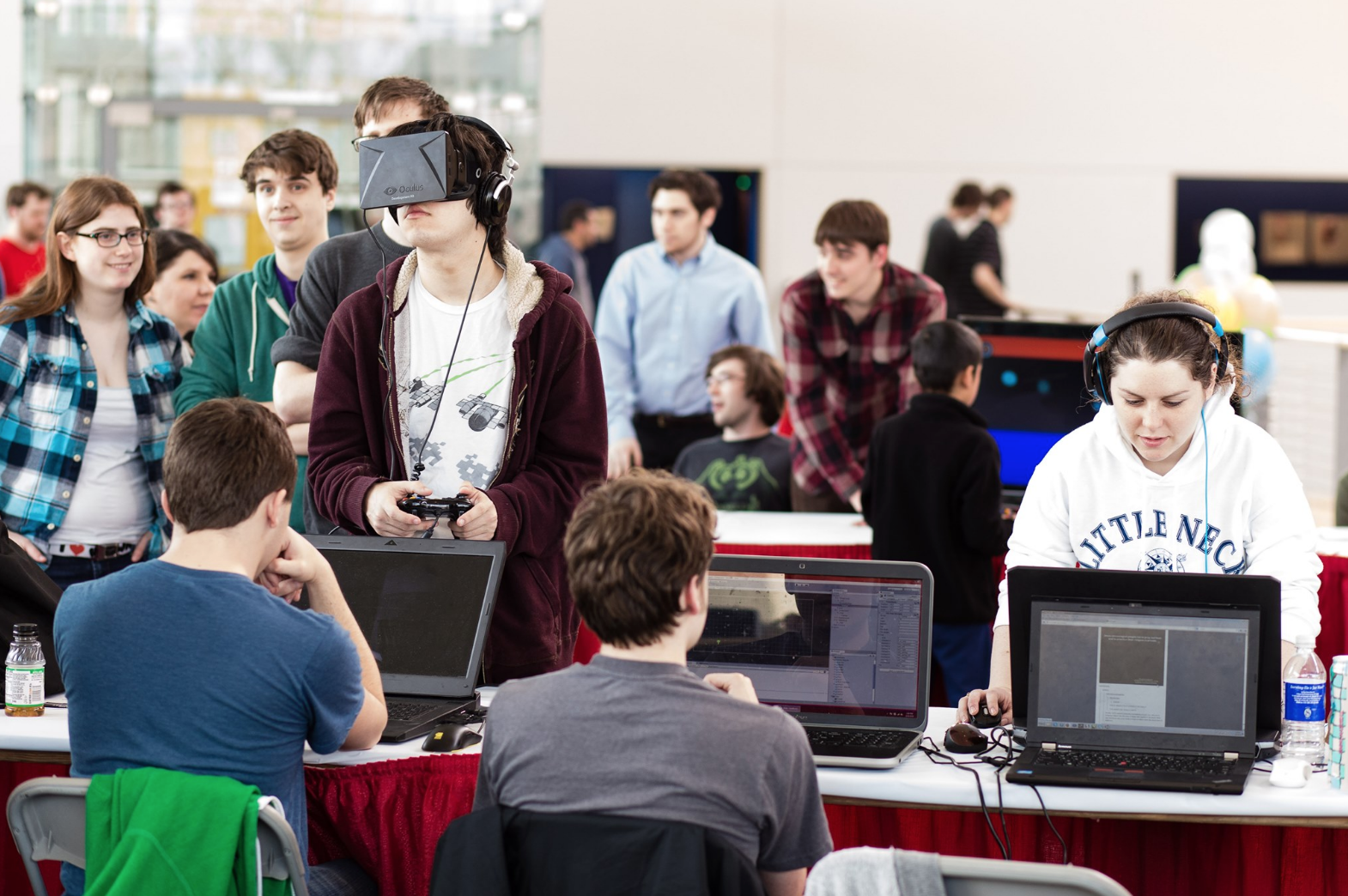
Ever heard of Vicarious Visions, 1st Playable Productions and Agora Games? RPI has a track record of producing successful game creators and studios. With programs in Games and Simulation Arts and Sciences, Media and Design and Electronic Arts, students master working efficiently in goal-orientated game development teams, gain fluency in programming languages and ultimately build up their portfolios for life after college. In the classroom, students learn everything from character and story to experimental game design and even writing internships. Rensselaer recognizes the importance of both technologically equipping students through software and digital arts and teaching what makes a gaming storyline worth following. Haven’t you always wanted to know the basics behind creating aesthetically pleasing games? RPI also has a spot in the Troy, Albany and Tech Valley Games Cluster, home to dozens of game companies. This means graduates of the program have a pool of successful companies to apply to, easing the transition from college to working as a real-life game designer. One of RPI’s most recognized events includes Game Fest, a student game development showcase featuring over 40 original games to play created by up-and-coming game designers with prizes award by industry experts. You can also channel your true gamer spirit through clubs and events include Super Smash Bros Club, Design for America and Pokémon Organization.
4. Drexel University
Known for a quality education based in technology, Drexel University produces successful game designers and games like there’s no tomorrow. Unique programs include Animation and Visual Effects, Game Design and Production and Virtual Reality and Immersive Media. Drexel’s multi-touch displays, mediated reality (augmented and virtual) and motion and gesture capture provide the proper technology that makes all of this possible. “From entrepreneurial indies, to small and medium studios, and on into major AAA game studios and companies across a variety of industries, Drexel Dragons are achieving great things and reaching back to help the next generation move forward,” Drexel Assistant Teaching Professor Robert Lloyd said. Drexel students also claim a number of awards including First Place at Game Developer Conference’s Intel Student Showcase, First Place in the Microsoft Imagine Cup (World Champion), the Unity Awards, the GDC’s Narrative Review Competition and the Adobe Achievement Awards (World Champion). Above all, Drexel students have a number of career opportunities at their fingertips. Check out the Entrepreneurial Game Studio, the university’s partnership with eNable Games, ID Tech Game Design and Development Academy, and International Co-op Partnerships with Rockstar Games in San Diego. Classes like Animation, Game Design from the Player’s Perspective and Digital Storytelling give evidence to its diverse and unique coursework. Drexel’s must-see gaming events and clubs include the E-sports and Gaming club, TechFest and the annual Gaming Expo. Drexel’s real-world partnerships, gaming events and alumni success provide the perfect platform for students to thrive as dragons themselves.
3. Columbia College Chicago

Interested in the more artistic and aesthetic side of video games? Columbia College Chicago students can major in Game Art. Vying for technological positions in game design? Students can major in Computer Animation and Programming. Interested in other experimental aspects of game design? Major in Interaction Design. As a freshman, you’ll get hands-on experience through sketching, prototyping and designing as you study the fundamentals of creating 3D game art. Seniors complete a capstone team project where they mimic a small independent studio or higher budget game studio environment. Together, they collaborate to develop a finished, playable game or their own version of a sound design production company. During this time, students focus on production techniques, Gantt-style production tracking and tasking and personal development designed to help students prosper post-graduation. Many capstone projects, now available to view on YouTube and even downloadable to play, come from an idea the whole team arrives to. Previous examples of these projects include “Dismantle Repair,” a 16-player game of resource collecting and building and other games where a first-person shooter destroys walls as they go through a maze. Senior projects range from fun and action-based, a call to eco-friendly tendencies and anything else you can imagine. At the end of it all, students display their work at events like The Gate Developers Conference, the Toy and Game Fair and Industry Night and Management. The college’s dedication to gaming and community shines through their game-based organizations like the Columbia College Chicago Animation Club. Columbia College Chicago provides a big city mindset in a small and thriving community of gamers and gaming.
2. University of Southern California
At USC, you’ll have Hollywood and some of the largest entertainment companies in the world a stone’s throw away. From majors, minors and grad programs in Interactive Media and Games, Game Animation and Game Entrepreneurism, USC has its hands in just about every game subject melting pot. “My time at USC made me much more focused on certain aspects design that allow me to effectively bring out the emotions and experience I want my players to have,” USC game design graduate and current EVC game developer Kyla Furey said. Not to mention its unique and specific labs like Advanced Games Lab, MFA Thesis Lab and Kinest Development Lab provide a professional workspace for students. These labs offer the technology, materials and instruction students need to thrive, like 5.1 sound systems, stereoscopic game workspaces, 3DS technology and more. “I’ve had students make games based on a short story, or on a single line of poetry. I’ve had them come in inspired by an economic theory; by the physics of a magnet; or by the sound a Lego makes when it clicks into place. A lot of students are interested in relationships these days and using games to work through ideas around relationships,” Experimental Game Designer and USC professor Tracy Fullerton said. The USC Annual Games Expo, LA Games Conference, Global Game Jams and USC at GDC are just few of the events USC game design students host and attend as a means to network and present their own work. “Like most game schools, USC has a senior thesis show that is definitely worth going to see,” said Furey. “USC is also often heavily involved in the IndieCade event in LA, which was always my favorite games event to go to every year. The academic world encourages radical experimentation in ways that are often fascinating and unexpected.” USC proves itself as a game-changer (pun intended) in which its game labs, courses and publicity sail their game makers to success.
1. Becker College
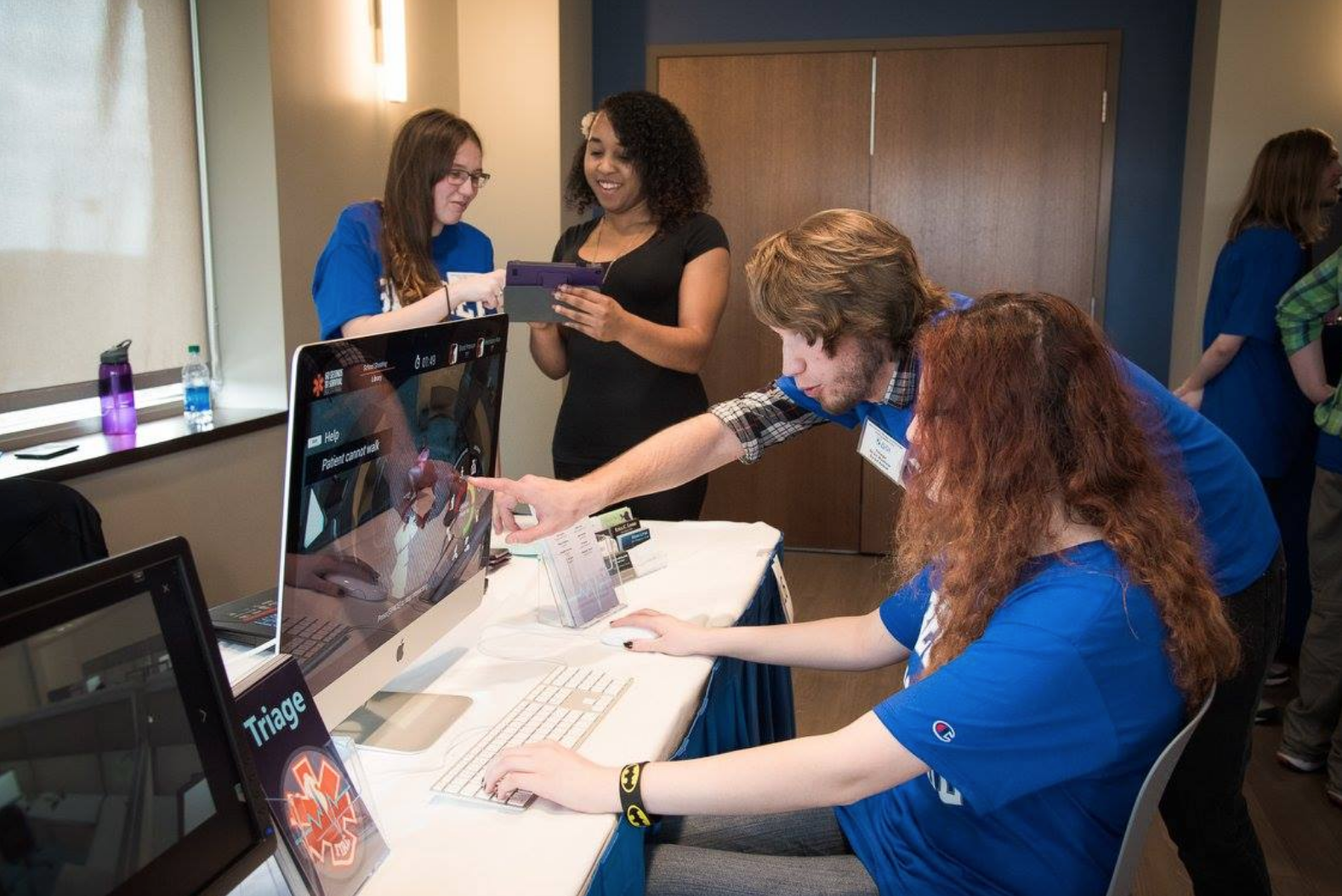
With their slogan “Be the Change,” Becker College lives up to this mission through gaming. Offering programs in E-sports Management, Interactive Media Design: Game Arts, and Game Production and Management, these diverse and specified programs give its students in-depth knowledge and experience based on their own interests. “One of our goals at Becker is to help support the greatest, most welcoming gaming and game development community in the world–and I think we’re doing a pretty good job of it so far,” general manager of Becker’s E-Sports Program Timothy Loew said. Becker College focuses on the entertaining and aesthetic aspects of video games, also viewing them as a platform that would aid in other areas of study like health, medicine and psychology. Just look at the program’s partnership with Worcester Department of Public Health and the city’s public schools. Becker students collaborate to develop games that help children learn positive coping skills and approach the national opioid abuse problem head-on. “We give students real-world experience by having them work with clients in the industry. This experience allows them to jump-start their careers, launch their own companies and dive into positions across the game industry,” Dean of the School of Design and Technology Alan Ritacco said. Becker also partners with the Massachusetts Digital Games Institute. Through this partnership, students work on real game properties, government simulation projects and educational and serious games that make a difference in people’s lives. “Becker is home to one of the nation’s top 3 undergraduate and top 11 graduate game design programs according to The Princeton Review–which means Becker has unique gaming events going on all the time–from demo nights, to game jams, to art shows, to pitch contests, to sketch sessions, to workshops, to esports competitions, to gaming tournaments and everything else in between,” Loew said. Striving to merge video games and the occurrences of real life, Becker College’s “Be the Change” slogan comes to life as graduates of their game design program move on to do great things—in the game design industry and beyond.










